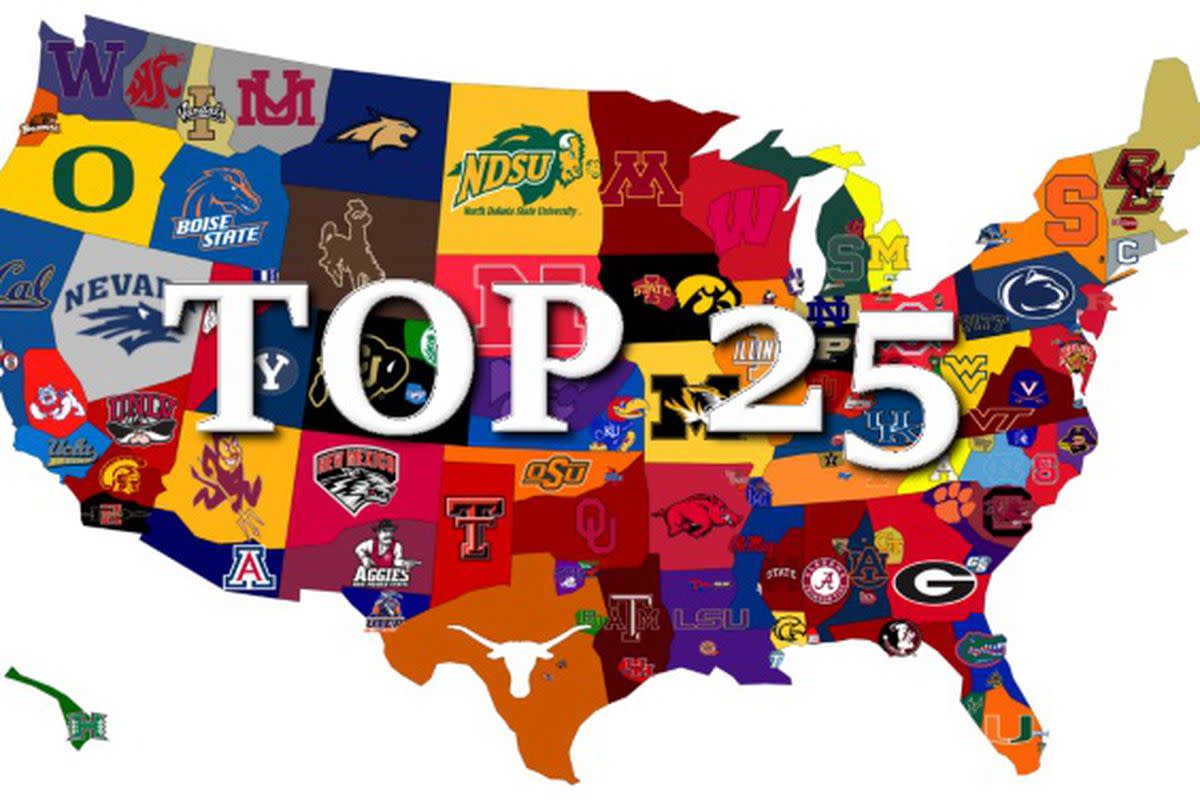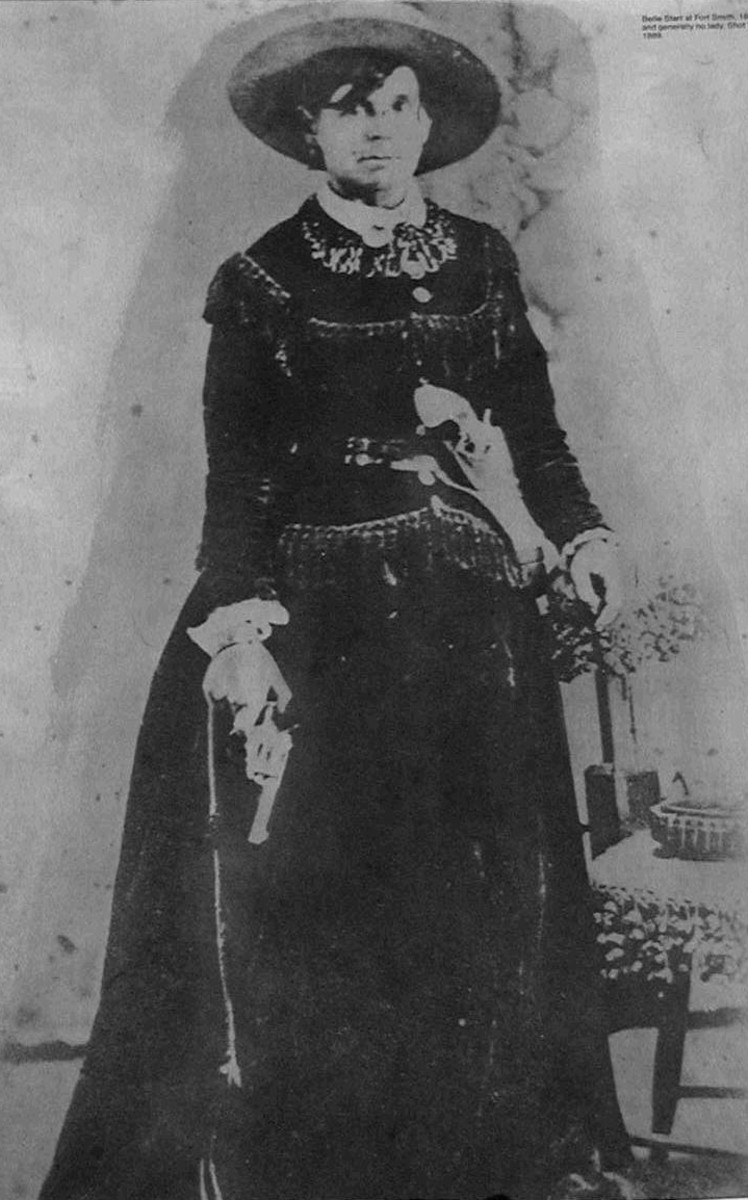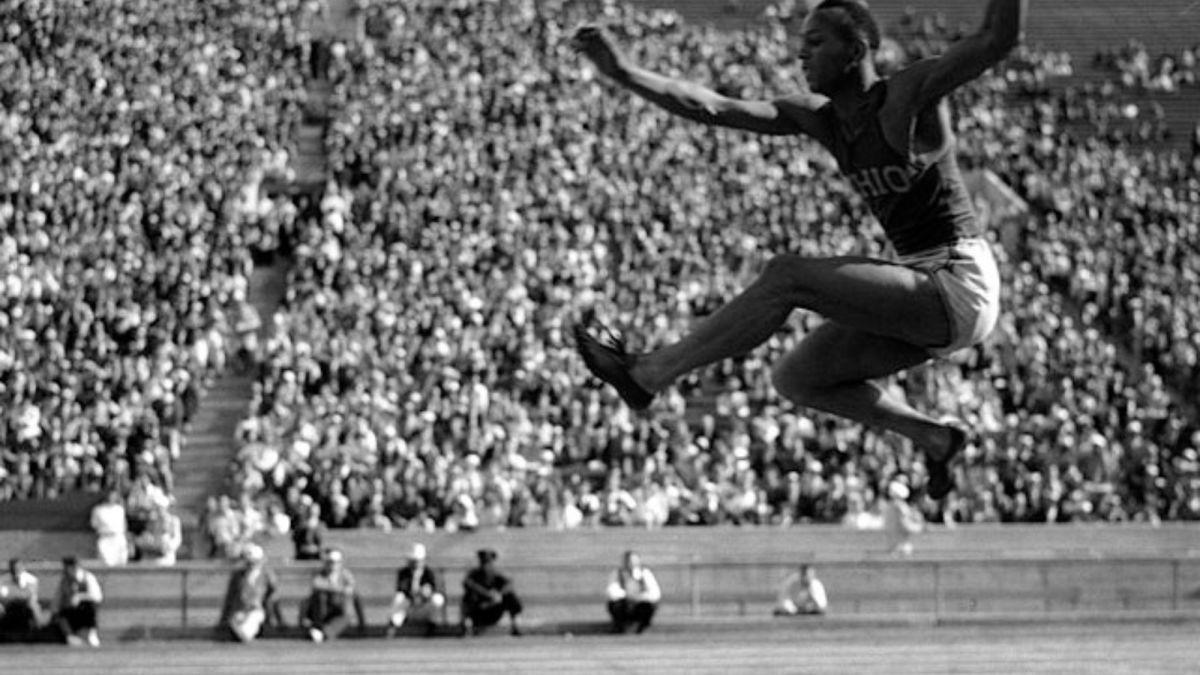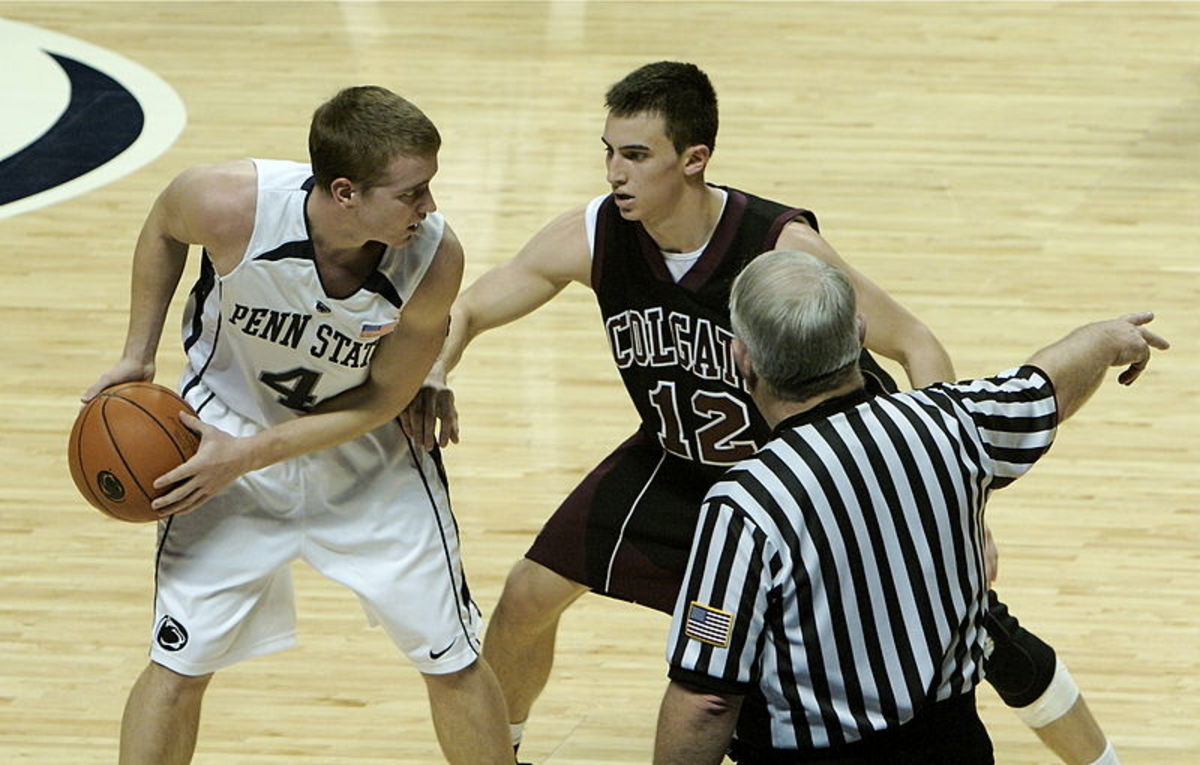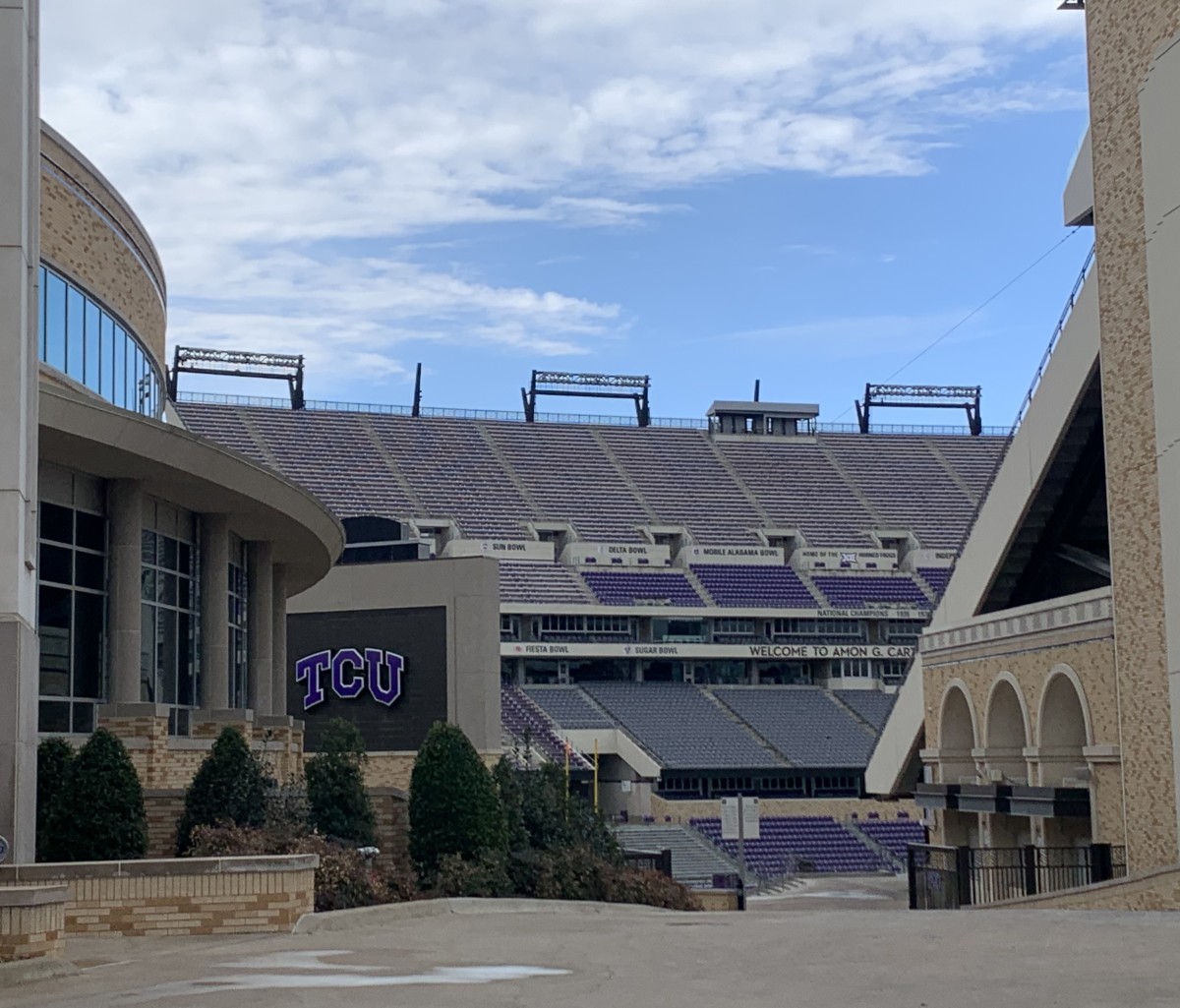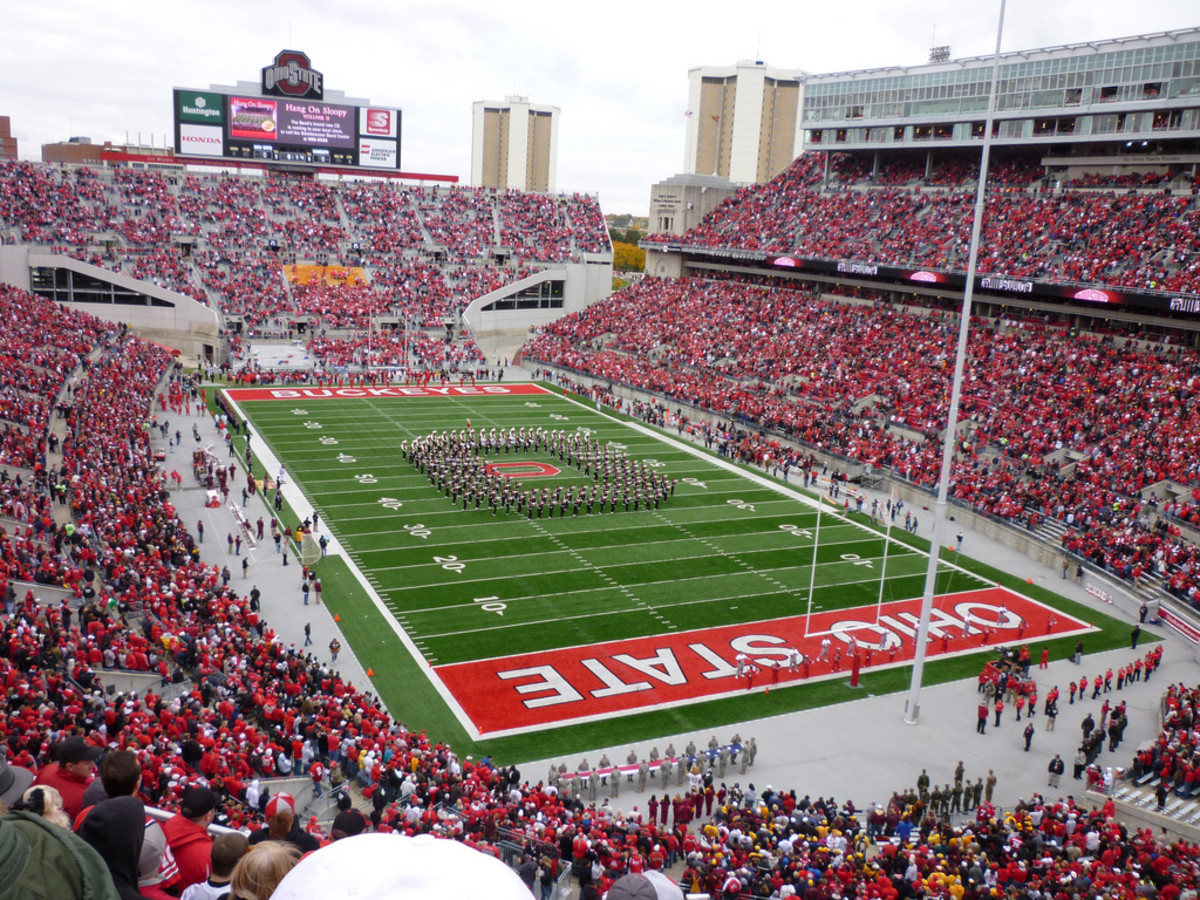- HubPages»
- Sports and Recreation»
- Team Sports»
- American Football
How to Easily Pay College Athletes
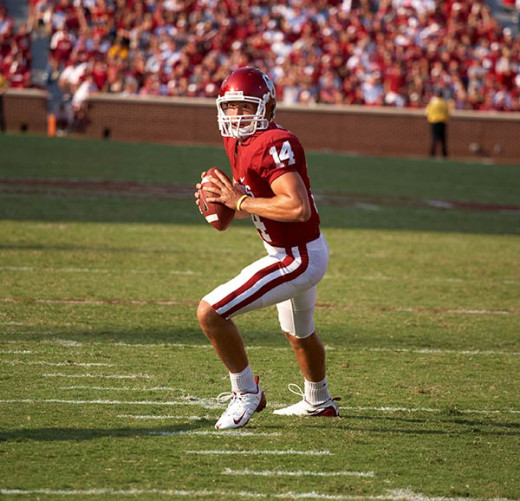
The notion of paying college athletes has garnered a lot of steam over the past several years. As TV networks continue to pay out more and more money for college football broadcasts, certain schools and football conferences get paid more and more money for those broadcast rights. That money then goes to athletic departments, and colleges are often capable and willing to pay athletic directors and coaches a lot of money for their services, sometimes in the millions per year.
However, none of this revenue money is given to the actual athletes on the field itself. Yes, some players are given scholarships which pay for room and board, but as only a tiny percentage of college football players go on to get paid in the NFL, a lot of players are risking their bodies and their livelihoods for no real compensation.
Still, debate rages as to how exactly to pay these players once the initial hurdle of just paying them is surpassed. Perhaps a small stipend? Or players get a cut from TV revenue? However, what about players in lesser known positions or colleges? Will they paid? How about players in sports that aren't football or basketball? They play just as hard, so why shouldn't they get paid? Another major hurdle is Title IX, a rule set in place that forces colleges to have as many female athletes as male athletes, would Title IX apply in this situation? What's more, there are many college football fans who like the idea of watching amateur players play the game; off put by NFL football with its supposed "mercenaries" playing for the money instead of the "love of the game". Even supposing that viewpoint to be logical (its really not), paying college athletes could put off a lot of people in that camp, which could hurt revenues for everyone, including college athletes ironically enough.
It seems like a major mess, but there's one simple way to avoid most of it. It's a method commonly used for Olympic athletes who also do not get paid specifically to participate in the Olympic games. The solution is this: lets players profit from their own fame.
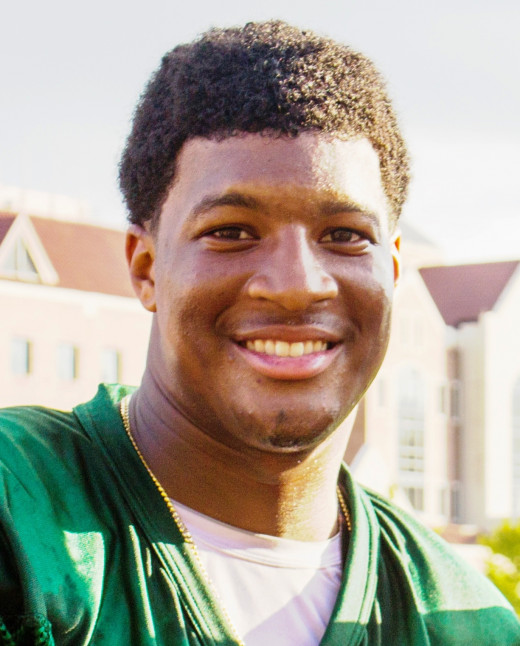
Would you still watch College sports if athletes started getting paid?
The Olympic Model
If colleges, their conferences and the NCAA are so unwilling to give these athletes money, then they should at least allow sponsors and companies to pay them to use their likeness for their products or services. If Nike wants to use Jameis Winston for ads for some new sneakers or cleats, and are willing to pay him handsomely to do so, then I don't see the problem with that. No money is being lost by the NCAA, and Winston is still considered as much an amateur as, say, Michael Phelps, whose riches are mostly from endorsements he's made since become a big time Olympic star.
Colleges won't lose any money by doing this as they aren't paying any players. Rather, they may stand to earn even more money if - continuing the example - Nike pays Florida State for a cross-promotion featuring Winston promoting its products while wearing Florida State gear. As long as there are companies willing to pay out way too much money to have famous athletes of any sport endorse their wares, then that's a ton of extra money out in the open for the NCAA to claim but only if they let players get that cash, first.
This will also eliminate the need to punish players for trying to make money in some other way, which wouldn't really be necessary at that point as they'd be getting paid. Players selling conference title rings or athletes making small profits selling jerseys with their last names on them shouldn't face too much scrutiny under an Olympic model, though again if the player is making good money via endorsements that player shouldn't have to worry about pawning off anything.
The Olympic model would also save the NCAA a few legal uncertainties, one of which should include Title IX. As the payment of players now falls on outside factors, whether or not female athletes get paid as much as the males is no longer the NCAA's concern. That, of course, opens up a new set of problems.
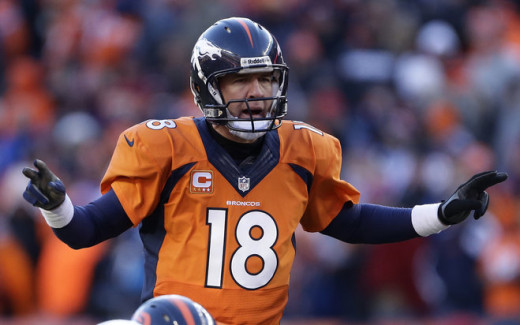
Unfair Advantages
Of course, if you leave it up to endorsers to pay these athletes, they would much rather pay a well known athlete rather than a lesser known one. People will pay more attention if Peyton Manning teams up with Papa John for pizza deals, not so much if punter Britton Colquitt did it instead. You can probably bet LeBron James makes more money in endorsements than the entire WNBA put together then multiplied at least several times over. Most people know LeBron James, they'll remember he endorses a McDonalds burger, whereas most of these same people couldn't even name one WNBA player.
The same would appy to college athletics should athletes be paid under an Olympic model. If you were a quarterback on Texas, whose games are often aired on its own network, you'd get a lot more endorsement money than a quarterback on UTEP, whose conference games you'd have to actively seek to find on TV.
Similarly, because its the wide receivers that make a lot of big players, not the punters, you'd find that receivers would often get much more endorsement money than punters.
Sadly, athletes in "non-revenue" sports such as, well, everything that's not football or men's basketball would get a relative pittance in terms of money. Maybe a college wrestler in Iowa or a hockey players in Minnesota can get a bit more, but it would be incomparable to what some football or basketball players would be making.
You Are What You're Worth
An athlete's worth improves in two ways. First, how well they play, obviously, but also just how many eyeballs see you play well. Nobody notices the offensively lineman playing well. Nobody sees the running back at Rice run for hundreds of yards. Nobody sees the volleyball team's best player deliver stunning spike after spike. These people would not get much in national endorsements and would have to depend on local companies to give them what little they can earn.
Whereas, those at the top - the big time college QB, the basketball star who made the big shot - they'll get more money than they'll see in their rookie contracts. Its not an entirely fair system, but when most pundits and analysts say they want to see these athletes get paid, they're mostly referring to the players they see on TV anyway, so to them its as fair as they need it to be.

